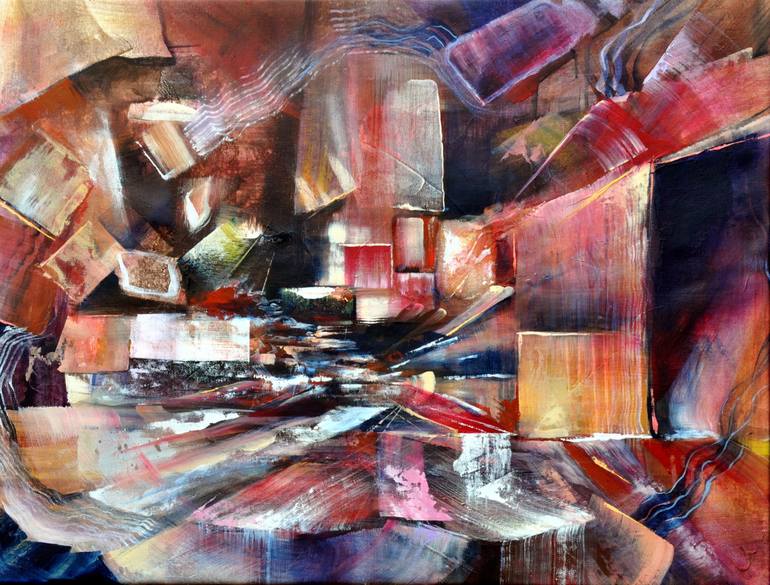Kohinoor Bharati
Literature has been my aisle, my refuge, my redemption. For every venture that life has endowed upon me, I peep through the glass of literature, especially its theoretical narratives, to have an elaborate perspective and explore intricate layers. In fact, there is nothing to which I haven’t found an answer when I have contemplated my life in sync with the philosophical approach. As a researcher, this dimension has had helped me unveil broader perspectives, be even more mindful, gain better insight, and have a rationale to be skeptical of what is given, written, or observed-whether in the field or while reviewing the secondary data sources and information, or presenting reflections.
In this regard, Jacques Derrida’s Deconstruction theory, which de-centralizes the standard meanings of texts, rejecting an absolute or singular truth, does, in fact, create a detail for marginalized meanings in research. Derrida’s notion that “there is no apparent truth and that the truth is always fragmented, always under erasure” can somehow give an underlying inference that what is written in texts can sometimes be mere subjectivity or even the observable things in the field can be unpretentious interpretation to our own preconceived notions. This very philosophical approach gives me an awareness that, before heading to the target communities for primary data collection, it’s imperative to approach with a clear and open mind. When we carry a baggage of accumulated information through desk reviews, our faculty of consciousness unconsciously screen things, and the information becomes a construction in itself. This is how a predisposed bias takes away the essence of participant observation, and we end up extracting what we want to bring rather than what is usually there. Certainly, its essential to gain a comprehensive understanding of the project, methodologies, strategies to be employed and analyze secondary data sources. Nevertheless, this process should never overshadow the grassroot information fed directly from the target communities.
Likewise, if we examine research from a Postmodernist Standpoint, it vividly rejects objective knowledge and assigns utmost value to the subjective and multiple opinions of individuals and communities rather than the predetermined rules for action. This inherently suggests the idea that there is no exact “expert” or “specialist”, and that the presence of various voices, various stakeholders carry its own significance. There are voices inside the voices too, and that is what is to be extracted.
Similarly, the reader-response theory, popularized by Stanley Fish, David Bleich, and Wolfgang Iser, which emphasizes the importance of the reader’s response to a specific text, often more than the text itself, can purposefully be linked to social science research. Reader-response criticism argues that a text has no meaning before a reader experiences it. This provides a basic inclination that as a researcher it is our responsibility to thoroughly assess the scope and critically analyze the ways in which different readers make meanings out of inherited or culturally conditioned ways. Given that cultural conditioning to a text can never be exclusively eliminated, it is crucial for us as researchers to uphold our credibility by minimizing bias to the context as much as possible or to let go of our cultural programing so that when we read, usually the literature from a different socio-cultural background, we easily take the intrinsic crux of it without distorting or judging any parts of it. To take things “as it is” becomes indispensable here. Thus, as researchers, it is under our domain to find and validate multiple interpretations of what we observe and hear using textual evidence and support.
Hence, on an individual level, I solemnly take these literary theories as my sanctuary to choose between many lenses, move across, and read between the lines in the given context. As a researcher, what enchants me more is the realization that these literary narratives serve the dual purpose of allowing me to delve into the given information and, more significantly, helping me to not just look through the accumulated knowledge but look into the surface or look beyond the given horizon. In fact, the research I see in light to literature usually gives me a heightened sense of awareness to see the hues of research gaps, limitations, and unstructured information into a delicate tapestry of untreated refinement.

